Resources

Cláudio Carvalhaes Associate Professor McCormick Theological Seminary All of the schools under the Association of Theological Schools are required to have a very clear and strong sense of educational effectiveness. One of the ways to gauge such effectiveness is by evaluating to what extent a course meets its stated ‘learning
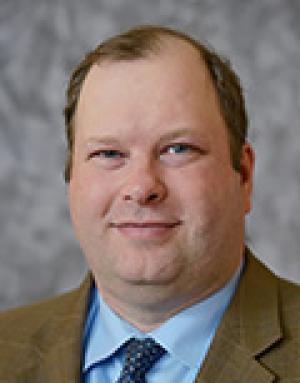
Derek Nelson Associate Professor of Religion Wabash College On February 17 the Wabash community got word that police were on the campus looking for a suspect in a double murder. As it turned out, the suspect was an employee. He had taken a college van, and later ended his life
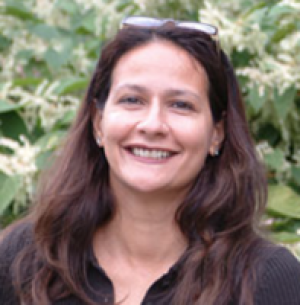
Sufia Uddin Associate Professor Connecticut College Since 9/11, colleges and universities have increased their course offerings in Islamic traditions and Muslim cultures. Yet, it seems that anti-Muslim rhetoric is everywhere. In Caleb Elfenbein’s recent blog, he points out that our students know only the world with our “war on terror”
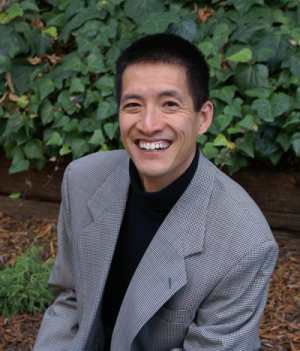
Tat-siong Benny Liew Class of 1956 Professor in New Testament Studies College of the Holy Cross After about six months and fifteen horrible haircuts in the San Francisco Bay area I finally found somebody who could give me a decent haircut, and I became a loyal customer for the

Theological school deans are not just theological leaders for their institution, they must be EDUCATIONAL leaders. That is, they must implement sound educational practices related to curriculum, instruction, supervision, assessment, and administration. While faculty members can focus on course-level and individual student learning assessment, academic deans need to implement program-level assessment in order to evaluate the effectiveness of the school's curricular course of study. There is a variety of ways to assess the effectiveness of the curriculum, and there are several levels of assessment (program-level, course-level, student testing, student projects, etc.).
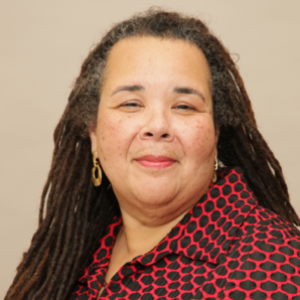
Nancy Lynne Westfield Associate Professor of Religious Education Drew Theological School When you are a teenager, at least in the 70’s, the house with abundant food and a loving mother was the place to gather. Our house had both. Unlike all the other mothers in the neighborhood, Nancy Bullock Westfield

Nancy Lynne Westfield Associate Professor of Religious Education Drew Theological School The gaze. eager sparkle – happy batting of lashes – signaling “…go!”; cautious, diverted looks – at the floor or just “away”— ….no!-- down caste/mostly shut eyes, maybe even the downright defiant stare – fixed & cocked….Occasionally the gawk.

Nancy Lynne Westfield Associate Professor of Religious Education Drew Theological School Teach students where they are! This forthright adage is deceptively difficult. The question becomes – where are they in proximity to my own location? In other words, what does it mean for the effectiveness of my teaching if the.
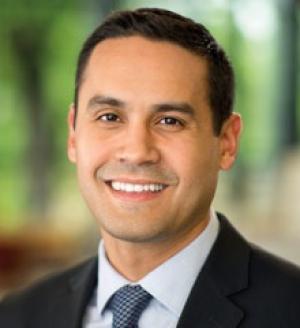
Eric D. Barreto When I was prepping my first online class, all I wanted was for someone to show me how to teach online. I wanted techniques. I wanted examples of best practices. I wanted a template upon which I could build. But I quickly learned that the hardest part..

Eric D. Barreto I teach texts. I read texts. I write texts. Every once in a great while, I even text texts. But I’ve noticed recently that many more of the texts I receive have fewer and fewer actual words. I’m talking acronyms certainly (LOL and lots more I haven’t...